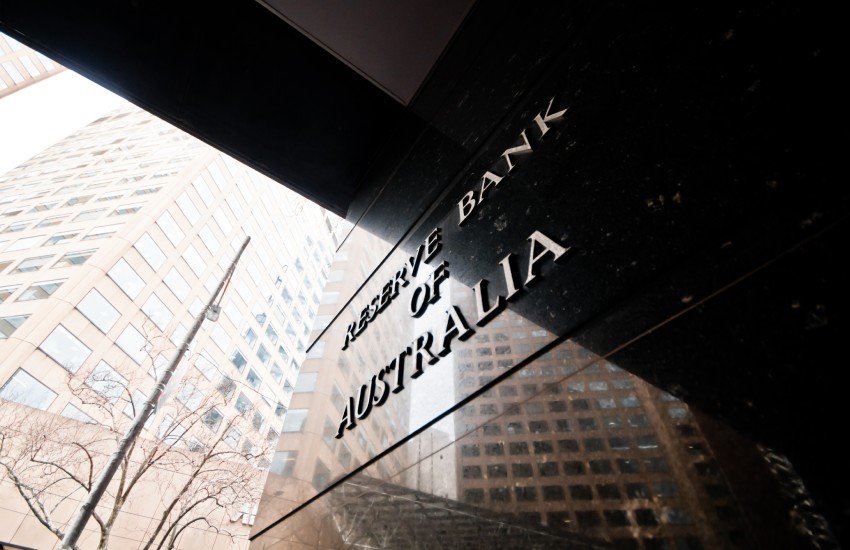The RBA has once again risen rates in an effort to slow inflation.
26 June 2025
New Broker Academy 2025
Uncover a new world of opportunity at the New Broker Academy 2025If you’re ready for a career change and are looking...
KNOW MOREThe RBA has once again risen rates in an effort to slow inflation.

The RBA has increased the cash rate by 50 basis points taking it to 1.35 per cent in an effort to slow inflation.
This is the third consecutive rate increase following the rise in May from the record low level of 0.1 per cent and the June hike which saw it climb by 50 basis points to 0.85 per cent.
“Global inflation is high. It is being boosted by COVID-related disruptions to supply chains, the war in Ukraine and strong demand which is putting pressure on productive capacity,” the RBA said. “Monetary policy globally is responding to this higher inflation, although it will be some time yet before inflation returns to target in most countries.”
“Higher interest rates will also help establish a more sustainable balance between the demand for and the supply of goods and services. Medium-term inflation expectations remain well anchored and it is important that this remains the case.”
The bank said that moving forward the behaviour of household spending would be of some concern.
“The recent spending data have been positive, although household budgets are under pressure from higher prices and higher interest rates. Housing prices have also declined in some markets over recent months after the large increases of recent years,” said the RBA.
“The household saving rate remains higher than it was before the pandemic and many households have built up large financial buffers and are benefiting from stronger income growth. The Board will be paying close attention to these various influences on household spending as it assesses the appropriate setting of monetary policy.”
Looking ahead the bank said that it will be carefully watching overseas markets and its impact on the Australian economy.
“The board will also be paying close attention to the global outlook, which remains clouded by the war in Ukraine and its effect on the prices for energy and agricultural commodities,” said the RBA.
“Real household incomes are under pressure in many economies and financial conditions are tightening, as central banks increase interest rates.”
“There are also ongoing uncertainties related to COVID, especially in China.”
The increase in rates is a further step forward from the extreme monetary support that was implemented to help protect the Australian economy against the worst effects of the pandemic, said the RBA.
“The resilience of the economy and the higher inflation mean that this extraordinary support is no longer needed,” the RBA said. “The Board expects to take further steps in the process of normalising monetary conditions in Australia over the months ahead.”
“The size and timing of future interest rate increases will be guided by the incoming data and the Board's assessment of the outlook for inflation and the labour market.”

AUTHOR
Josh Needs is a journalist at Accountants Daily and SMSF Adviser, which are the leading sources of news, strategy, and educational content for professionals in the accounting and SMSF sectors.
Josh studied journalism at the University of NSW and previously wrote news, feature articles and video reviews for Unsealed 4x4, a specialist offroad motoring website. Since joining the Momentum Media Team in 2022, Josh has written for Accountants Daily and SMSF Adviser.
You can email Josh on:
Comments will undergo moderation before they get published.
Uncover a new world of opportunity at the New Broker Academy 2025If you’re ready for a career change and are looking...
KNOW MOREGet breaking news
 Login
Login
